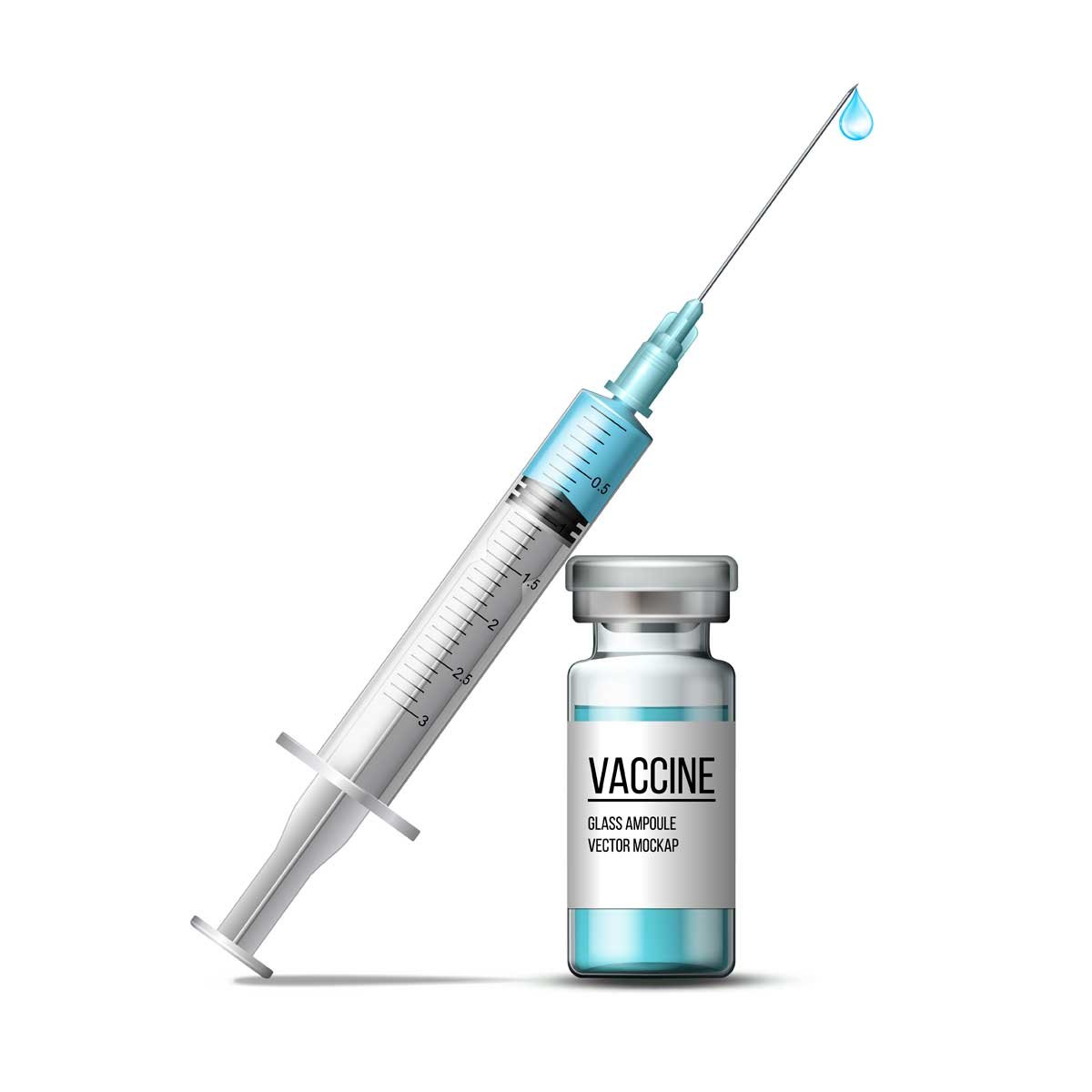The Crucial Role of Vaccination in Boosting Immunity
Vaccination is one of the most effective and essential tools in public health and plays a crucial role in strengthening the body’s immune system. This article explores the importance of vaccination to improve immunity, protect people and prevent the spread of infectious diseases.
Prepare the immune system
Vaccines work by introducing harmless components of a pathogen, such as proteins or weakened forms of the virus or bacteria, into the immune system. This exposure prepares the immune system to recognize and fight the specific pathogen should the individual be exposed to it later.
Creation of Memory Cells
Vaccines stimulate the production of memory cells, a key component of the immune system. Memory cells “remember” the pathogens encountered during vaccination, allowing for a rapid and specific immune response upon subsequent exposure. This memory is crucial to preventing serious illnesses.
Herd immunity
Vaccination not only protects people, but also plays a role in boosting herd immunity. When a significant portion of the population is vaccinated, a protective barrier is created that makes it difficult for diseases to spread. This helps protect those who cannot be vaccinated, such as people with certain medical conditions or allergies.
Prevention of outbreaks and containment of diseases
Vaccination has been essential to prevent and control outbreaks of infectious diseases. Once widespread and deadly diseases, such as polio and measles, have been significantly reduced or eliminated in many parts of the world thanks to comprehensive vaccination programs.
Reduce the severity of the disease
Even if vaccinated people get a disease, the severity of the disease is usually reduced. Vaccination is not just about preventing infection; It also helps the body develop a more effective defense, leading to milder symptoms and faster recovery.
Protection of vulnerable populations
Certain populations, such as infants, older adults, and people with weakened immune systems, are more susceptible to serious complications from infectious diseases. Vaccination helps protect these vulnerable groups by reducing the overall transmission of pathogens within communities.
Impact on global health
Vaccination has a profound impact on global health. Successful vaccination campaigns have led to the eradication of smallpox and the near elimination of diseases such as polio. Vaccines remain essential to prevent the spread of diseases across borders and protect populations around the world.
Cost-effective public health intervention
Vaccination is a cost-effective public health intervention. The economic burden of treating and managing infectious diseases far exceeds the cost of vaccination programs. By preventing disease, vaccination contributes to the overall reduction of healthcare costs.
Advances in research and development
Ongoing research and development in vaccinology has led to the creation of innovative vaccines that provide broader protection against multiple strains of pathogens. This continued advancement improves the effectiveness of vaccination to build robust immunity.
Community responsibility
Accepting vaccination is a responsibility that extends to the community in general. By getting vaccinated, people contribute to the well-being of their communities, creating a safer environment for everyone.
Remarks
Vaccination is a cornerstone of public health and plays a critical role in building immunity, preventing the spread of infectious diseases, and protecting people and communities. By understanding and accepting the importance of vaccination, we collectively contribute to a healthier and more resilient world population.













